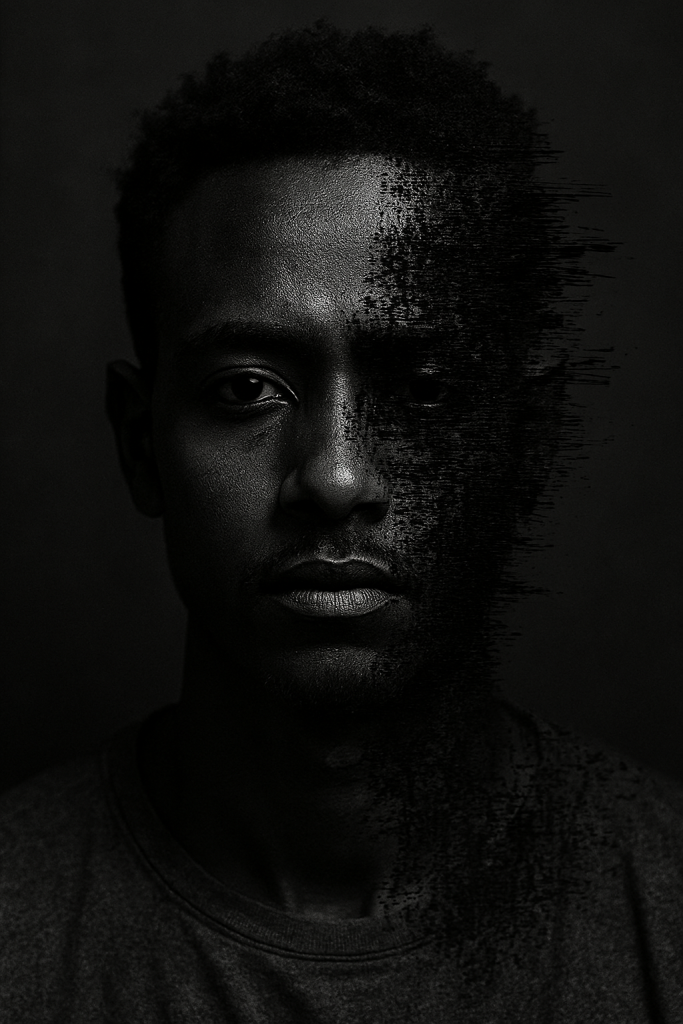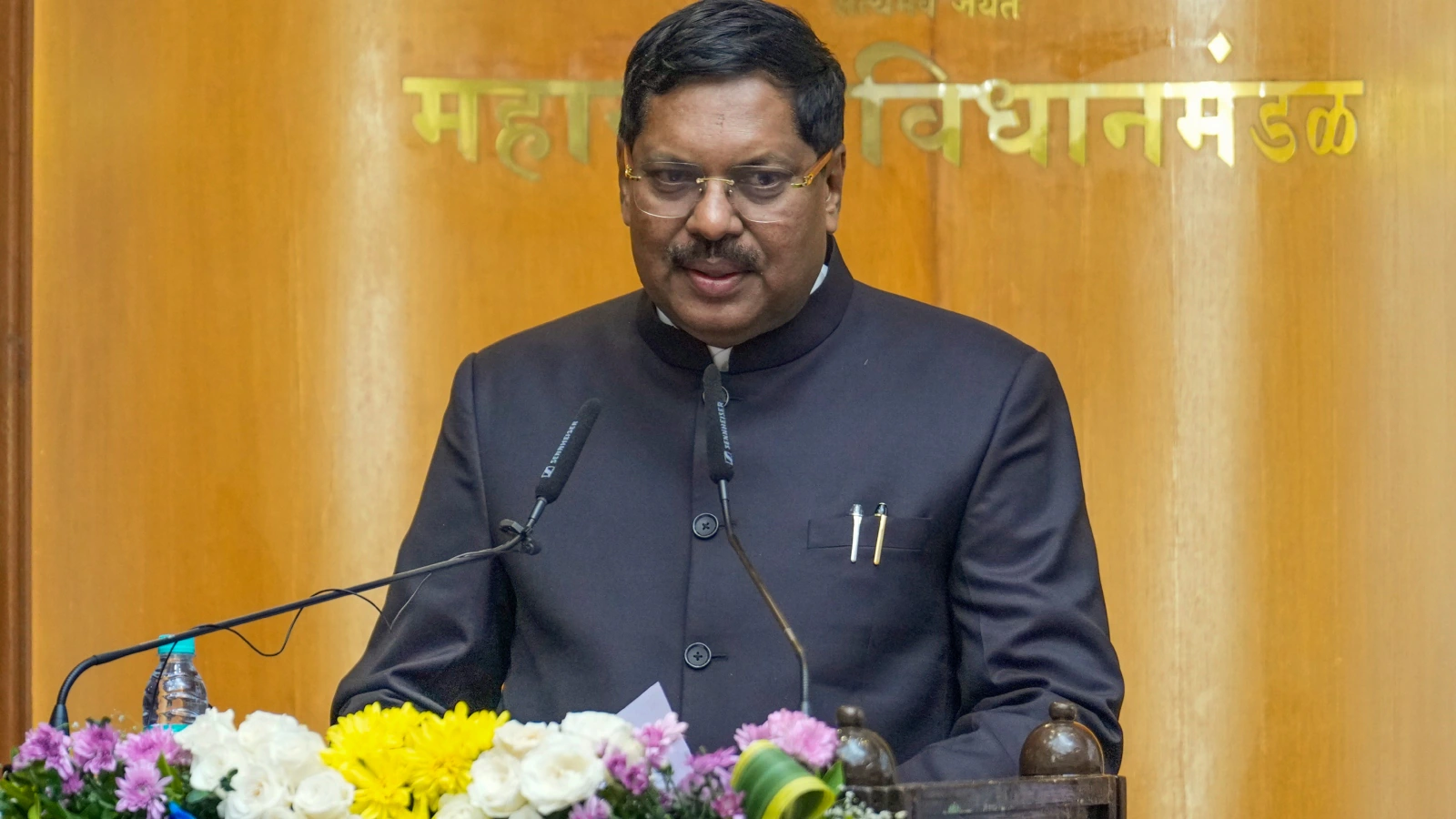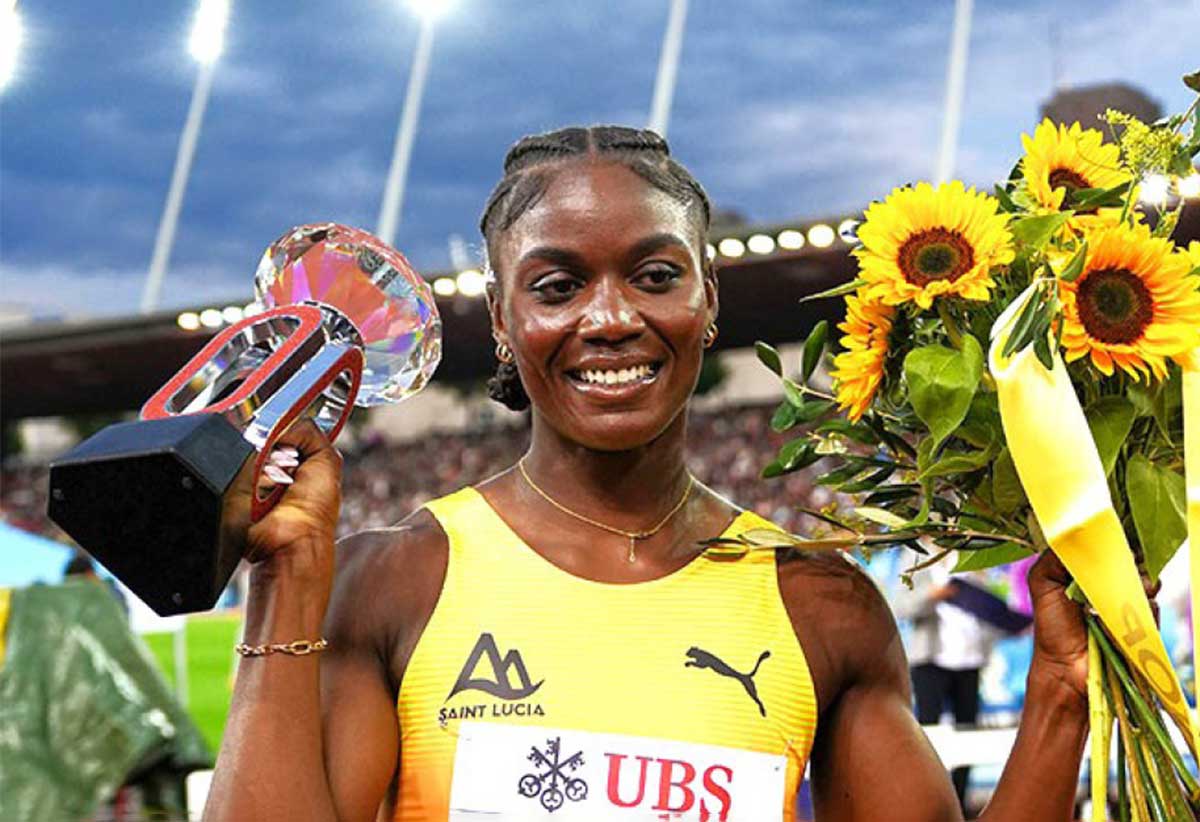Copyright ethiopia-insight

Exploring how systemic failures and misogyny shape young men’s violent fantasies. Responses to an Ethiopian TikTok video posted on 15 October, which asked what people would do if there were no laws for 24 hours, quickly went viral. While one might have expected fantasies of luxury or unbridled thrills, the comments revealed a far deeper horror than mere greed. The comment section contained chilling admissions of fantasies about raping and harming women. What came next was a wave of public reactions feigning shock, accompanied by calls for women to protect themselves and for men to protect “their” women. Some even posted apologies to feminists they had previously opposed, as if the comment section—rather than the countless, multifaceted violations against women that feminists have long tried to bring to light—revealed the true state of our society. While it is unsurprising to see such comments when armed conflicts in parts of the country have indicated that it has been the fear of being held accountable by the law that restrains men from their worst impulses, the moment still calls for reflection because of how revealing it is. The takeaway being a mix of “protect your sisters!” and “women, arm yourselves!”—forces us to pause, as there is a deeper rot that cannot be addressed with pepper spray or paternalistic chivalry. Why do so many disenfranchised young men fantasize about violence? This compels us to examine the power structures and ideological scaffolding that sustain patriarchy. Doing so reveals that such violence is a predictable outcome of systemic conditioning, not an aberration. Masculine Malaise First, it is crucial to recognize that these violent fantasies do not emerge in a vacuum, nor because men are inherently bad. They are symptoms of a deeper malaise afflicting a generation of men, products of a system that alienates them from meaningful labor, community, and self-worth, leaving them economically and socially disempowered. In today’s Ethiopia, pathways for fulfilling traditional “masculine” roles—such as providing and protecting—are increasingly inaccessible to many young men due to economic precarity and widespread insecurity. When young men find their material realities no longer allow them to fulfill these traditional roles, they confront a conception of masculinity defined by negation. Instead of being defined by values, masculinity is reduced to “not being” certain things: soft, emotional, feminine, weak. Such reactive identity formation is inherently unstable. It leaves young men grasping for meaning, constantly policing themselves (and others), and lashing out whenever their fragile sense of self is threatened. Capitalist patriarchal systems tie men’s identities to dominance and economic success. Online discourse and urban narratives, which increasingly spotlight women’s aspirations and admiration for “rich, strong men,” reinforce this socialization, framing male worth in terms of material and physical offerings. Reactionary ideologies—such as the “red pill” and “alpha male” subcultures—offer a seductive narrative. Hyper-masculine figures like Andrew Tate flaunt the very markers of status every man is taught to want—wealth, bravado, and women—alongside anti-feminist rhetoric that resonates with alienated young men. Algorithm-driven platforms further amplify these polarizing influencers, whose oversimplified critiques of feminism offer men a sense of validation and community. They depict women and feminism as the culprits behind attacks on masculinity and present violence as a legitimate means of reclaiming men’s presumed inherent dominance. Ideological Weapons Labeling this merely as “toxic masculinity” falls short; it serves a counter-revolutionary ideology that weaponizes gender to uphold broader systems of domination. Such ideologies redirect the legitimate anger men feel under a global system that denies them dignity, purpose, and community—toward women and feminism. Misogyny becomes a response to systemic emasculation, and young men navigating a complex world latch onto these narratives to make sense of their struggles. This is nothing new. Capitalism thrives by fragmenting oppressed groups, pitting them against each other, and obscuring class and neocolonial exploitation. Anti-feminist rhetoric serves precisely this purpose. Instead of organizing against the global systems impoverishing their communities, young men are redirected inward, channeling their rage toward their peers rather than the powers that be. An increasing number of young men perceive feminism as threatening their opportunities and social status. They interpret it as an attack on traditional masculinity, overlooking the real “elephants in the room”: economic stagnation, precarious and exploitative job markets, and pervasive social isolation. Root Causes If there is hope to be found in this mess, it lies in naming the problem clearly and refusing to settle for surface-level fixes. Many young men navigate a world that feels increasingly hostile to their sense of worth. Social media echo chambers provide belonging and simple villains—often women—to blame for their pain. Yet the true culprits are capitalism’s erosion of community, algorithms that reward extremism, and an education system that seldom teaches critical thinking about power or gender. To shift the tide, we must address these root causes: building economic systems that restore dignity, creating online spaces that nourish rather than divide, and facilitating conversations that do not shame young men but invite them into a shared struggle for justice. The fight for gender equality is not a zero-sum game; it is an opportunity to create a world where no one’s dignity depends on another’s dehumanization. Query or correction? Email us While this commentary contains the author’s opinions, Ethiopia Insight will correct factual errors. Published under Creative Commons Attribution-NonCommercial 4.0 International licence. You may not use the material for commercial purposes.



